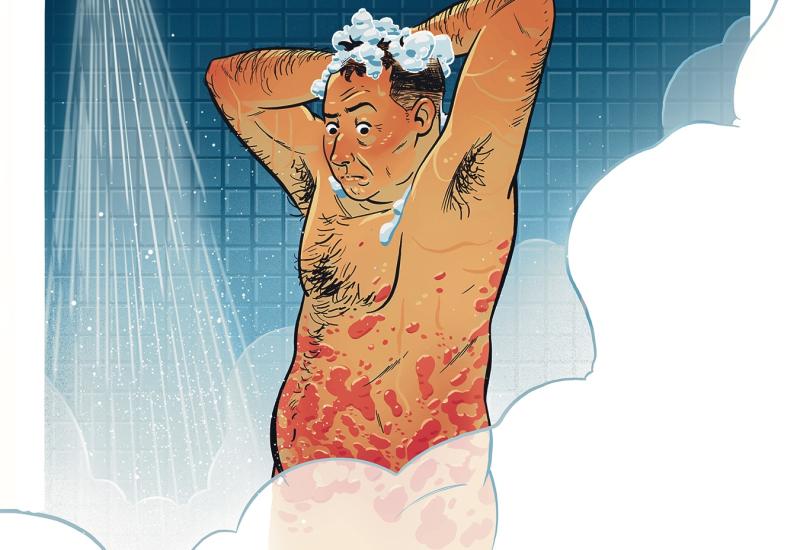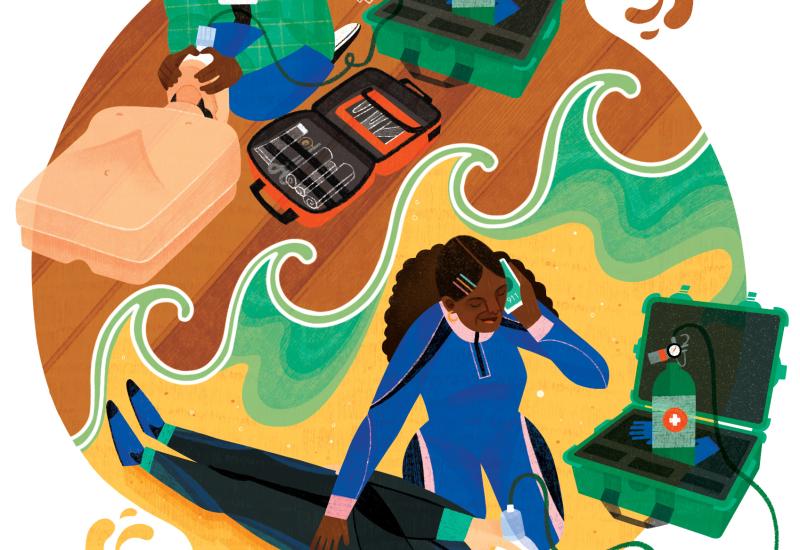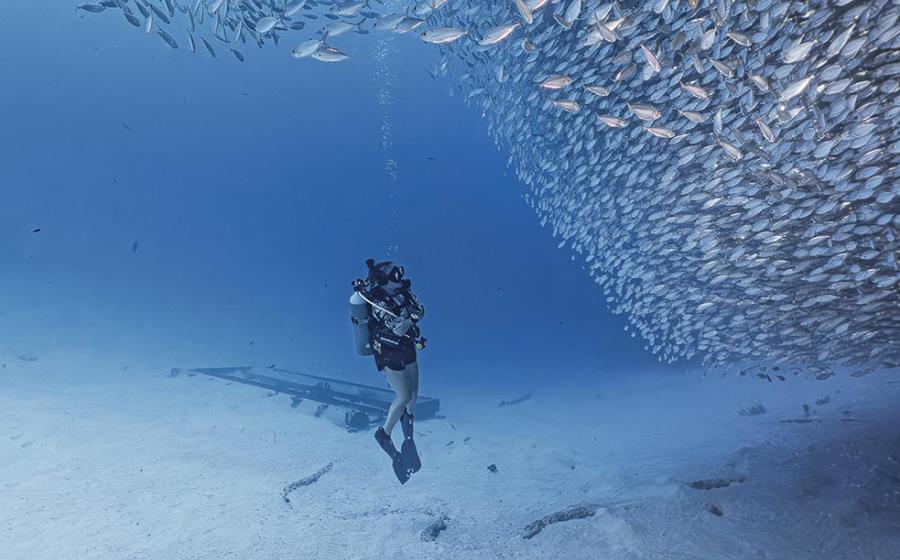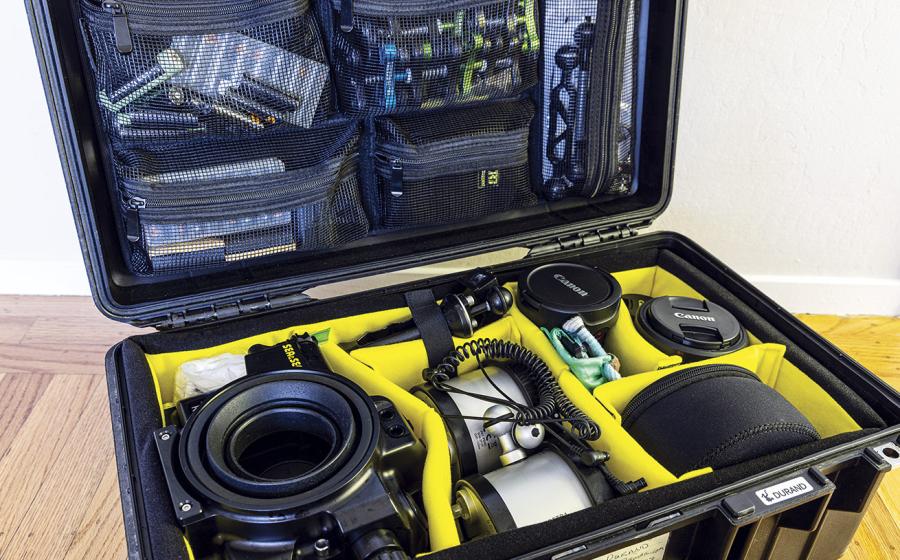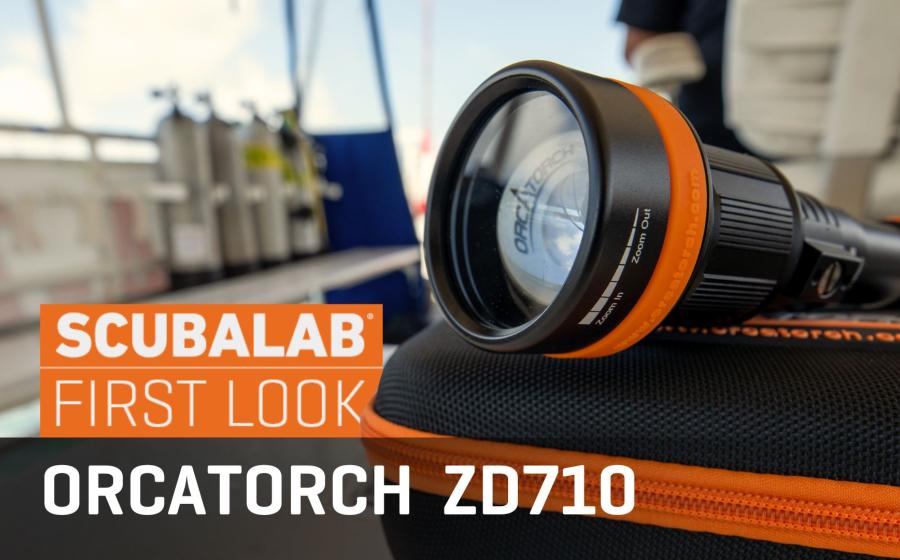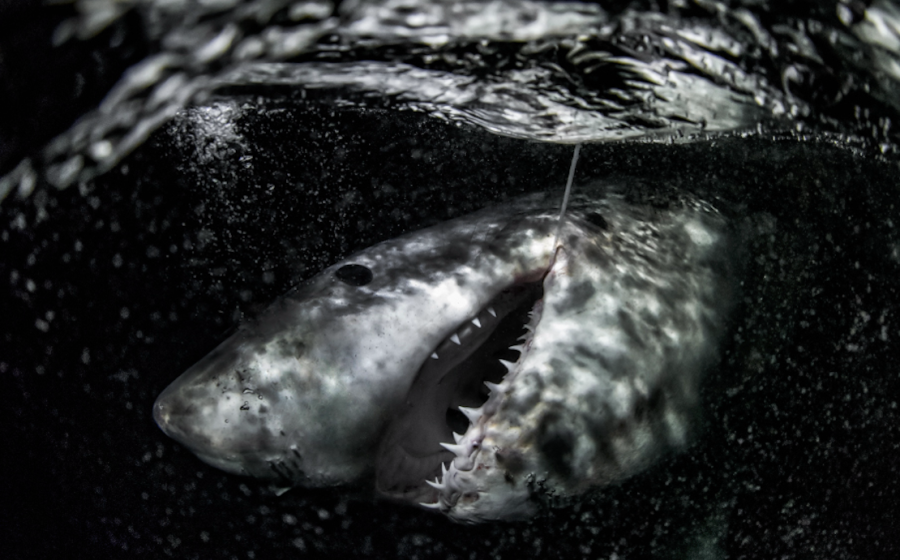What Is Inner Ear Decompression Sickness?
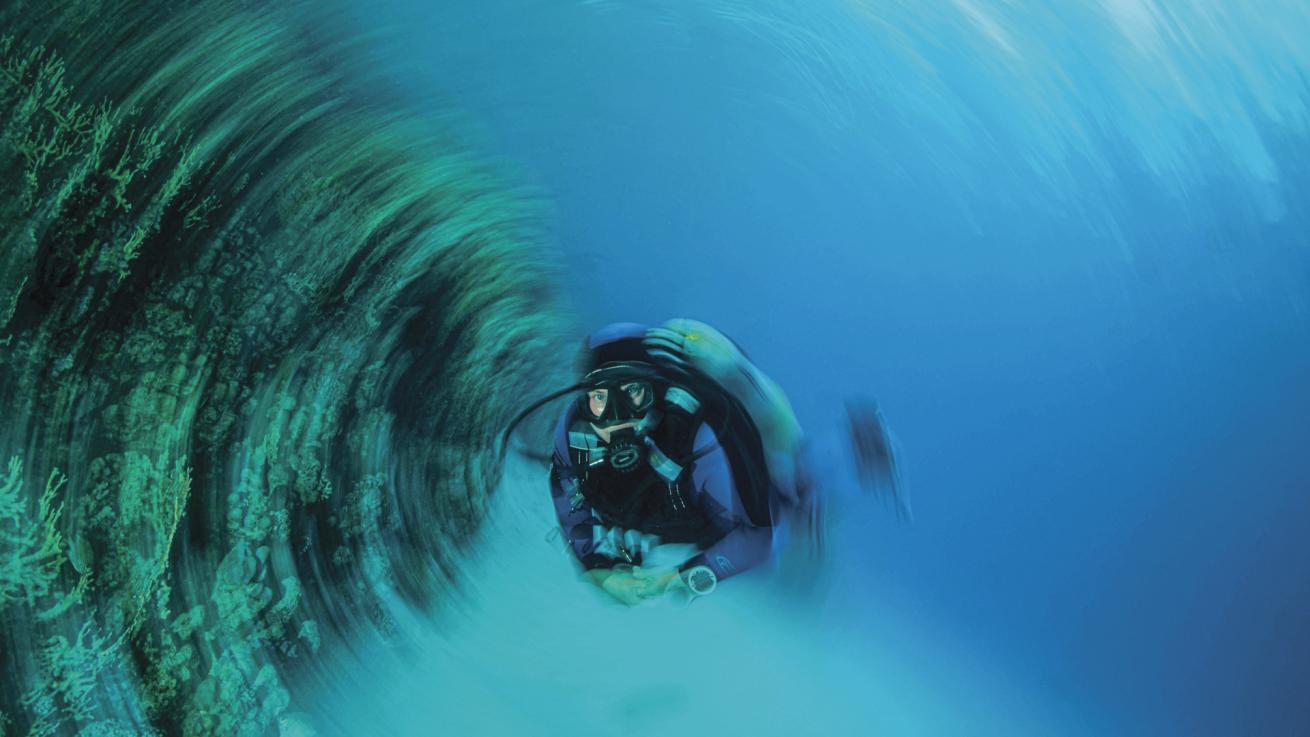
Courtesy Divers Alert Network
Dizziness after diving can be mild and temporary—a symptom of seasickness or differential equalization of the two ears. However, vertigo, a sensation of spinning or other movement, may represent a serious problem, such as inner ear barotrauma or inner ear decompression sickness (DCS).
The inner ear is a sensory organ with two functions: turning sound waves into electrical impulses for the brain and helping the body maintain balance. In diving, the inner ear can be injured in two ways, both of which can cause severe vertigo. Inner ear barotrauma is a pressure injury, usually caused by incomplete or forceful equalization. Inner ear decompression sickness is a form of DCS resulting from significant exposure to pressure (a deep and/or long dive).
When providing first aid to a person with vertigo after diving, help them manage their symptoms. Assist them in lying down and closing their eyes. It’s also a good idea to administer oxygen, especially if you cannot rule out the possibility of inner ear decompression sickness. The person should avoid any further attempts to equalize their ears, as this can make barotrauma worse, and they should be seen by a physician promptly.
Related Reading: Ask DAN: How do I shore dive safely?
The medical professionals who treat them must establish whether they are experiencing barotrauma or DCS, because the treatment for these two conditions is different. Like other forms of DCS, inner ear DCS is treated with a hyperbaric chamber.
Barotrauma, on the other hand, can be made worse by chamber treatment. Thus, the medical team will review the case history carefully, considering the symptom onset and the presence of any other symptoms.
A diver who experienced inner ear DCS following some dives in Bali shared their experience:
When we reached about 100 feet, I noticed a significant down-current. It pushed us down to about 130 feet, where it turned vicious. I managed to hold on to a rock, but the current didn’t subside, so I kicked my way back to 115 feet, where my dive guide was also holding a rock.
The current was much stronger than I thought. Exhausted from the short time it took me to get back, I was panting heavily, and my head was reeling. We spent 10 minutes at 100 feet before making a safety stop. Instead of staying still, I finned my way back to the shallows at 20 feet.
Back on the surface, the first thing I noticed was difficulty breathing. It felt as if a tight belt was strapped across my chest. After a few minutes, I started feeling dizzy; when I saw shimmering lights, I knew I was in trouble. I told my dive guide how I was feeling. He asked me to sip water and rest, but when my right arm started tingling, and I had trouble clenching that fist, I knew I had DCS.
The dive guide had me lie down in the van and breathe oxygen from a demand valve. My arm felt normal within a few minutes, but I soon developed severe vertigo and had to stop. Every time I turned my head to the left, I felt a huge rush of nausea.
My guide called the dive shop and asked them to call DAN, who recommended immediate treatment. I was grateful for the advice because my guide dropped everything to take me to the hospital. By the time we got there, I could not sit up without assistance due to vertigo. The nurses whisked me away to the emergency room and put me on an IV and oxygen.
It is a testament to DAN’s efficiency and reputation that the hospital didn’t once bother me about payment. I was on oxygen all night with occasional breaks for air since the hyperbaric doctor wouldn’t be there until the morning. The first thing she did was tell me I would be just fine. What a relief!
On the first day, I had a U.S. Navy Table 6 treatment, after which I could walk unsupported but was still unsteady. I had two more treatments, and although my DCS resolved, the doctor advised me not to fly for a week, so I stayed in Bali to recover.
Related Reading: Top Techniques to Equalize Your Ears When Diving
If DAN hadn’t stepped in, I don’t know if I would have gone to the hospital that night, and I would have struggled to arrange to get the money for the hyperbaric chamber treatments in time. Three months after my incident, I have no lingering symptoms in my arm and have been exercising regularly in the gym and sometimes swimming. I still have an occasional bout of vertigo, but it’s just light-headedness more than actual dizziness.
The doctors say it can take up to six months for the inner-ear damage to heal. Considering everything, I was lucky to get off easy. Things could have been much worse had I not been immediately given oxygen after the first onset of symptoms and if DAN hadn’t been involved to ensure I was in the chamber as soon as possible.


